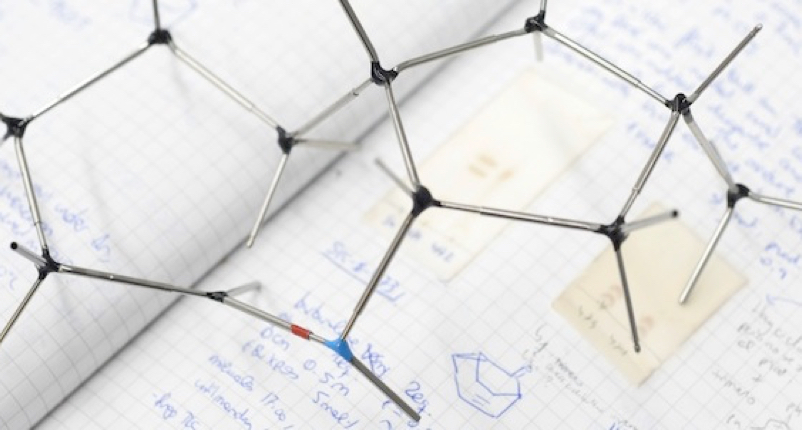Modular P-OP ligands in rhodium-mediated asymmetric hydrogenation: A comparative catalysis study
Highly efficient and enantioselective hydrogenation reactions for α-(acylamino)acrylates, itaconic acid derivatives and analogues, α-substituted enol ester derivatives, and α-arylenamides (25 substrates) catalyzed by chiral cationic rhodium complexes of a set of POP ligands have been developed. The catalytic systems derived from these POP ligands provided a straightforward access to enantiomerically enriched α-amino acid, carboxylic acid, amine, and alcohol derivatives that are valuable chiral building blocks. Excellent efficiencies (full conversion in all cases) and extremely high enantiomeric excesses (94-99% ee) were achieved for a wide range of α-substituted enol ester derivatives, regardless of the substitution pattern. The R-oxy group of the ligand (methoxy or triphenylmethoxy) strongly influences the enantioselectivity and catalytic activity. Greater steric bulk around the metal centre correlated to greater (or similar) enantioselectivity, but also to slower hydrogenation. Furthermore, the hydrogenation rates observed with the four model substrates follow the same trend, independently of the R-oxy group of the ligand: methyl 2-acetamidoacrylate>dimethyl itaconate>1-phenylvinyl acetate>N-(1-phenylvinyl)acetamide. A substrate-to-catalyst ratio (S/C) of up to 10,000:1 was sufficient for total hydrogenation of a model substrate of intermediate reactivity (dimethyl itaconate), and did not imply any loss in conversion or enantioselectivity.

J. L. Núñez-Rico, P. Etayo, H. Fernández-Pérez, A. Vidal-Ferran
Adv. Synth. Catal. 2012, 354, 3025-3035
DOI:
Go to the journal

Let's create a brighter future
Join our team to work with renowned researchers, tackle groundbreaking
projects and contribute to meaningful scientific advancements




















